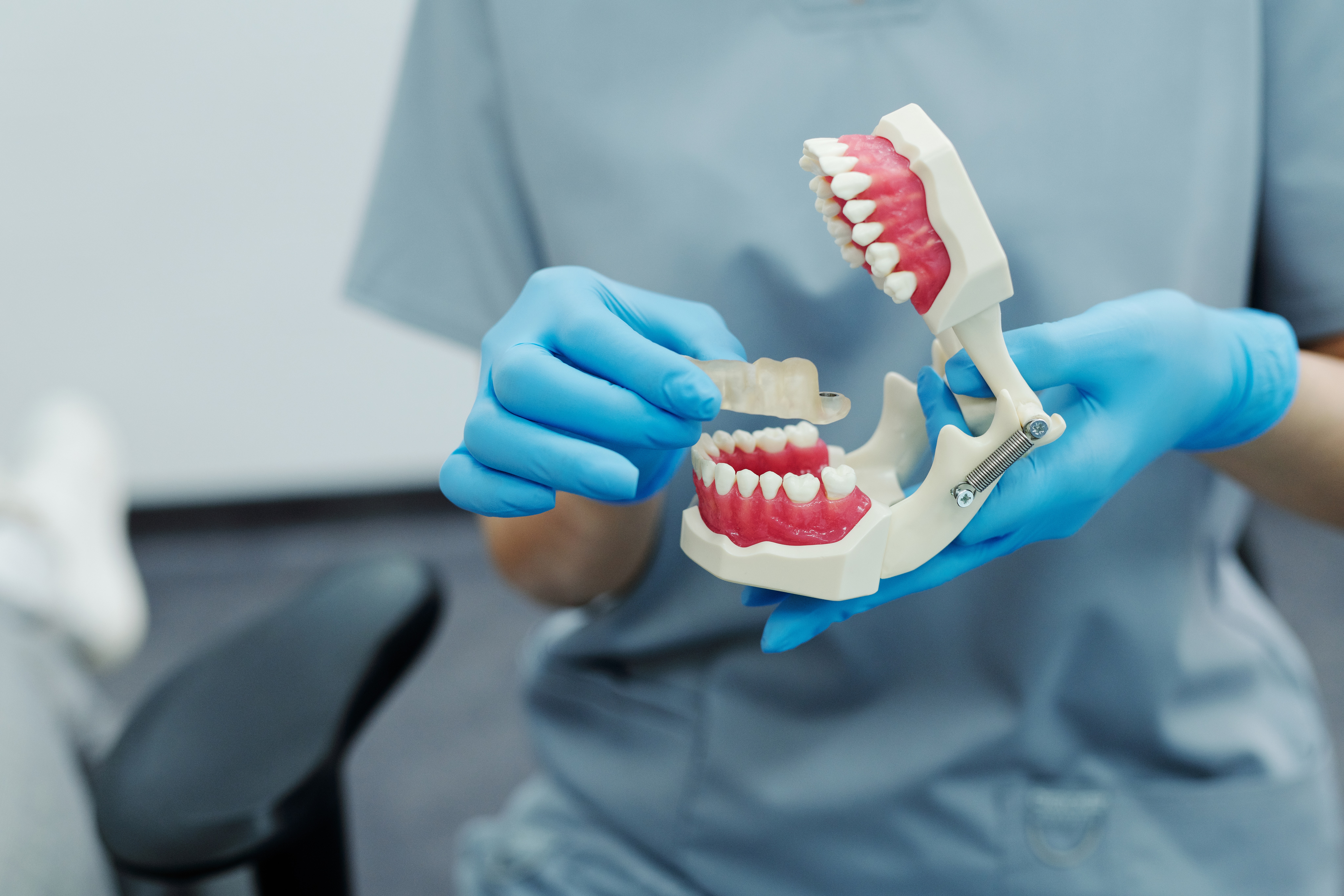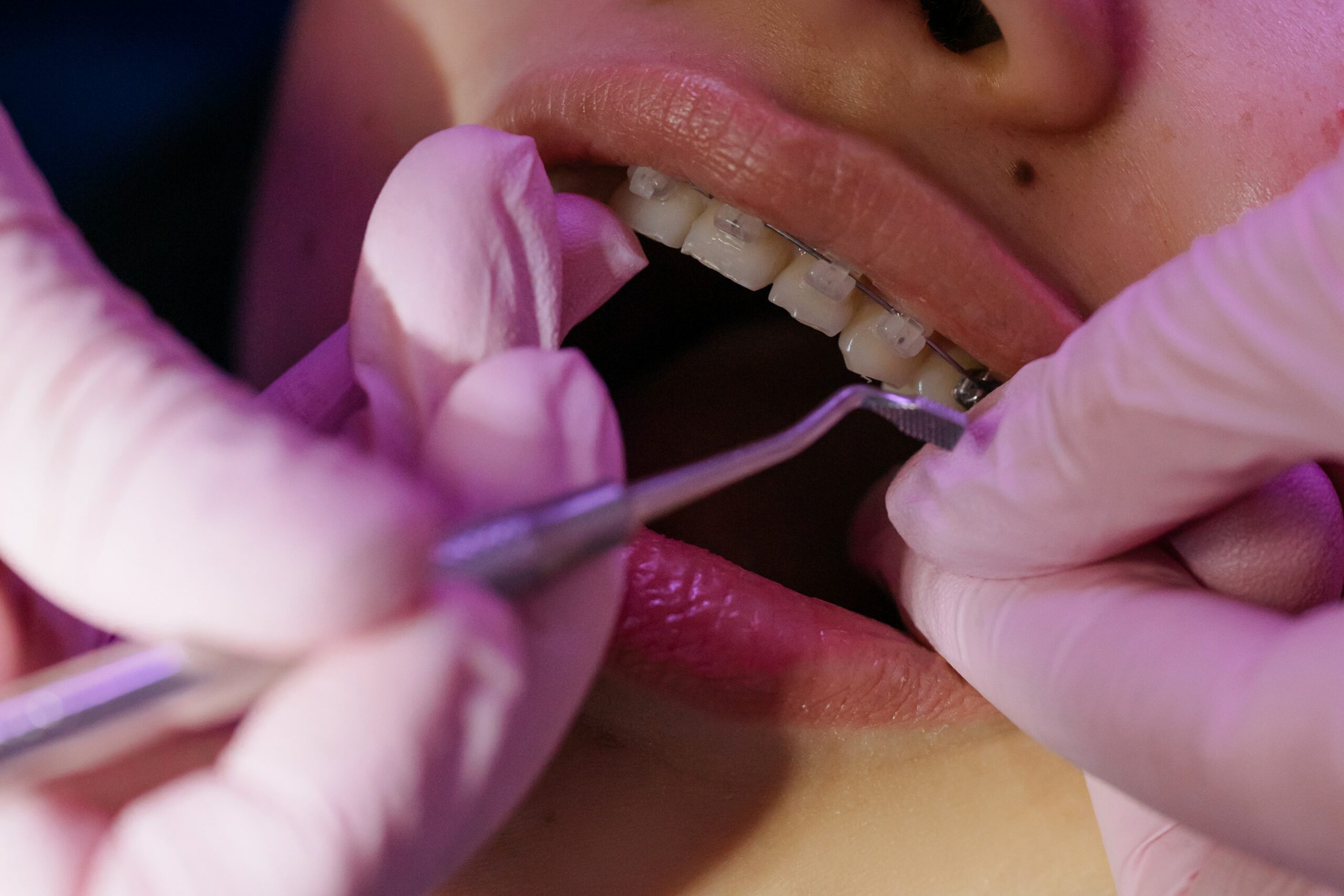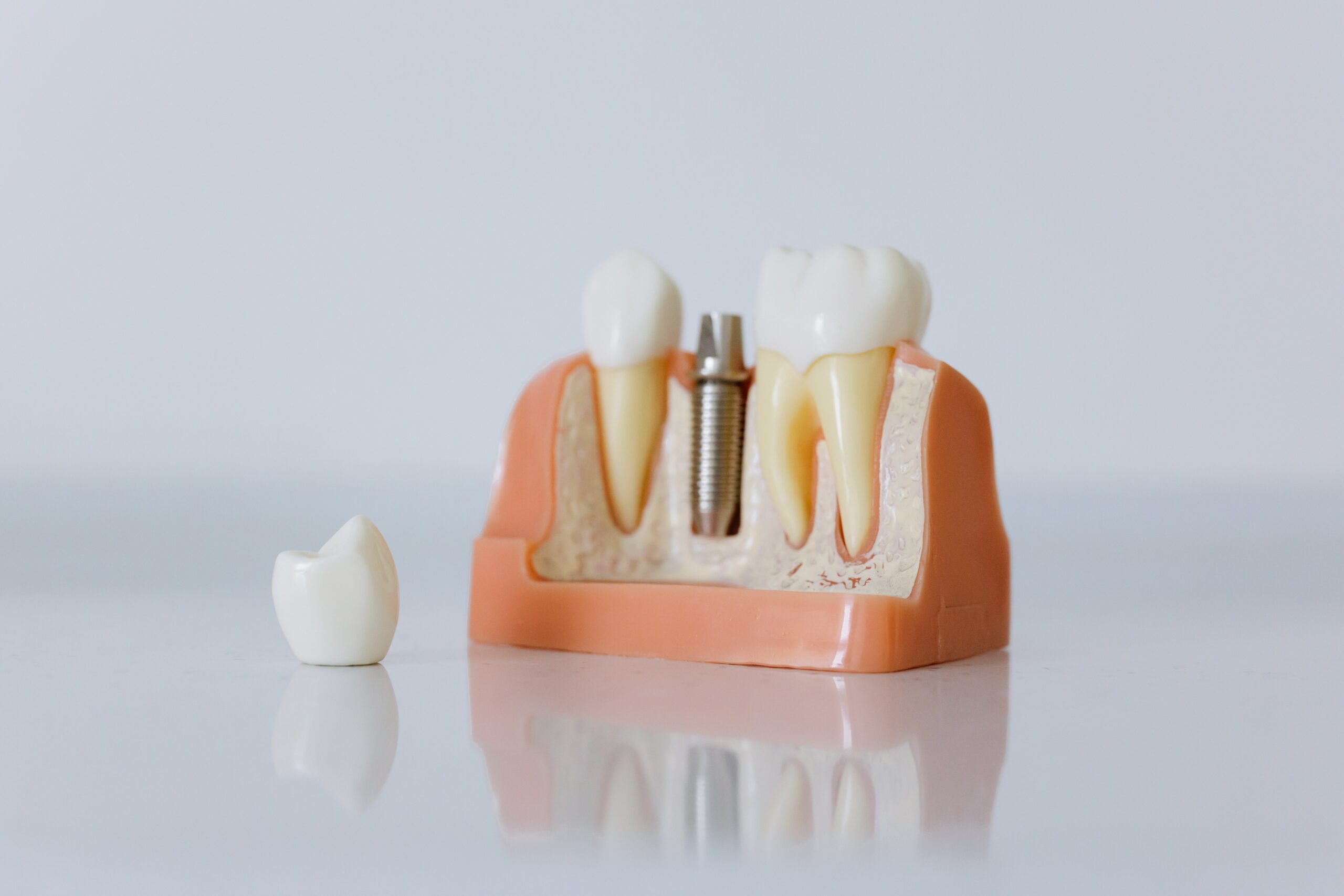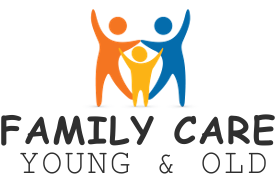In addition to affecting a fetus’s growth and development, a mother’s prenatal Oral Health has been linked to her overall health during pregnancy. In addition, she is concerned for the health of her child from birth through adolescence and maturity. While genetics and biology play a significant role in the mother-infant bond, so do environmental and social influences.
Numerous studies have demonstrated that the interactions of various microbial species in the human body have a substantial effect on one’s health. The long-term benefits of mother-infant microbiomes on the health and development of children are becoming more clear. Dental hygiene education and practice must adapt to the changing nature of the dental health of mothers and infants.

Understanding based on microbiome:
Complex and multifaceted genetic, biochemical, environmental, and social factors all play a role in determining health. Both hereditary and environmental variables can play a considerable role in health development, and these two factors are intertwined. In the case of pregnancy and the growth and development of an infant, nature, and nurture come together.
For example, gingivitis and periodontitis have been associated with premature birth and low birth weight in pregnant women. However, the average gestation time is roughly 40 weeks. Because Oral Health practices and attitudes are passed down from mother to kid, the effects of a mother’s dental health are seen long after the baby is born.
Mediators of inflammation:
As the human microbiome and health are becoming better known, the nature and nurture paradigm of growth and development is also becoming more widely accepted. Our bodies contain more than ten times the number of bacteria as human cells. The state of well-being is determined by the ever-changing interactions between the body and germs on and within the body.

These dynamic interactions of bacteria that contribute to an individual’s Oral Health and disease are reflected in the mouth’s microbiome. Oral diseases such as gingivitis and dental caries highlight the oral microbiome’s delicate balancing act. The microbial diversity is harmoniously balanced in a healthy state. The immune system of the host is not activated, and normal cell and tissue functions remain unaffected.
During pregnancy and childbirth, microbial communities are formed and established in a new individual. A wide range of organisms colonizes the microbiome of a newborn baby during the first 24 hours following delivery. Up to four months after birth, the infant’s microbiome shows species shared with its mother. Through many mechanisms, a baby’s microbiome can acquire microbes. Most of an infant’s oral microbiota is derived from its mother.
Several studies have shown, for example, that the mother’s microbiome has an impact on the type and quantity of bacteria that an infant can tolerate. Even after the baby is born, the mother’s oral microbiota continues to be influenced by her. The oral microbiome of a baby can be influenced by various factors, including the method of birth.
According to one study, streptococcus mutants were detected in the lungs of cesarean-section babies a year before it was found in vaginally delivered babies. Microbes in the oral cavity might be influenced by an infant’s feeding method. The infant’s oral microbiota may be exposed to similar environmental influences because of their tight maternal relationships.
Newborns and their mothers have microbiomes that are connected with Oral Health. The authors outline the factors that influence the development of the oral microbiomes of newborns and their mothers.

Dental considerations for both mother and child:
The involvement of dental hygienists throughout conception, pregnancy, and post-partum is critical. There are no risks to dental health care during the perinatal period, and it is essential for both the mother and baby’ health. Pregnancy affects the oral cavity in the same way that the rest of the body is affected by hormonal and physiological changes. Oral Health issues are more likely to occur during pregnancy than at any other time.
In odontogenic or periodontal infections, delaying dental care can provide indirect and unnecessary acute hazards to the fetus. Maintaining the baby’s Oral Health after delivery is just as important as it is throughout the first few months of their life. There are several ways to prevent and control sickness in both the mother and her child. Numerous oral issues might emerge during pregnancy, and dental hygienists can diagnose and treat them.
Plaque-induced gingivitis is defined by red, swollen gum tissue that bleeds readily and has the same clinical symptoms. The underlying reason is high levels of progesterone and estrogen in the body rather than plaque. Granuloma gravidarum, commonly known as a pyogenic granuloma or pregnant tumor, is a potential pregnancy complication. Granuloma of the second trimester is most common and grows in size until the baby is born.
Even though both of these common gingival side effects heal after birth, scaling and root planning might be utilized to treat them. These conditions may be improved by dental prophylaxis and oral hygiene teaching. It is also possible that a pregnant woman’s mouth could become infected with dental caries or have alterations to the tooth enamel or dentin. Vomiting and cravings for foods with a high acid content might lead to these changes during the first trimester of pregnancy.

Sweets, citrus fruits, juices, and carbonated beverages are all examples of drinks. Dental hygienists can detect vomiting-induced tooth erosion on both molars and incidents of the maxillary arch. In contrast, changes in the oral cavity’s acidic pH level have a more widespread influence on dentition. Dental hygienists can alleviate morning sickness by instructing pregnant women to clean their mouths with water after vomiting. For at least an hour, refrain from brushing your teeth to allow the pH level in your mouth to stabilize.
As soon as a baby is born, dental hygienists can continue to care for both the mother and child. The dental team, particularly the dental hygienist, can provide prenatal advice on the infant’s Oral Health. In this sort of therapy, parents learn how to care for their child’s teeth from the time of their baby’s first tooth until their child’s permanent tooth. Dentists can also play a role in risk assessment for dental and periodontal problems in the baby based on the health of the mother’s teeth and gums.

Leave a Reply